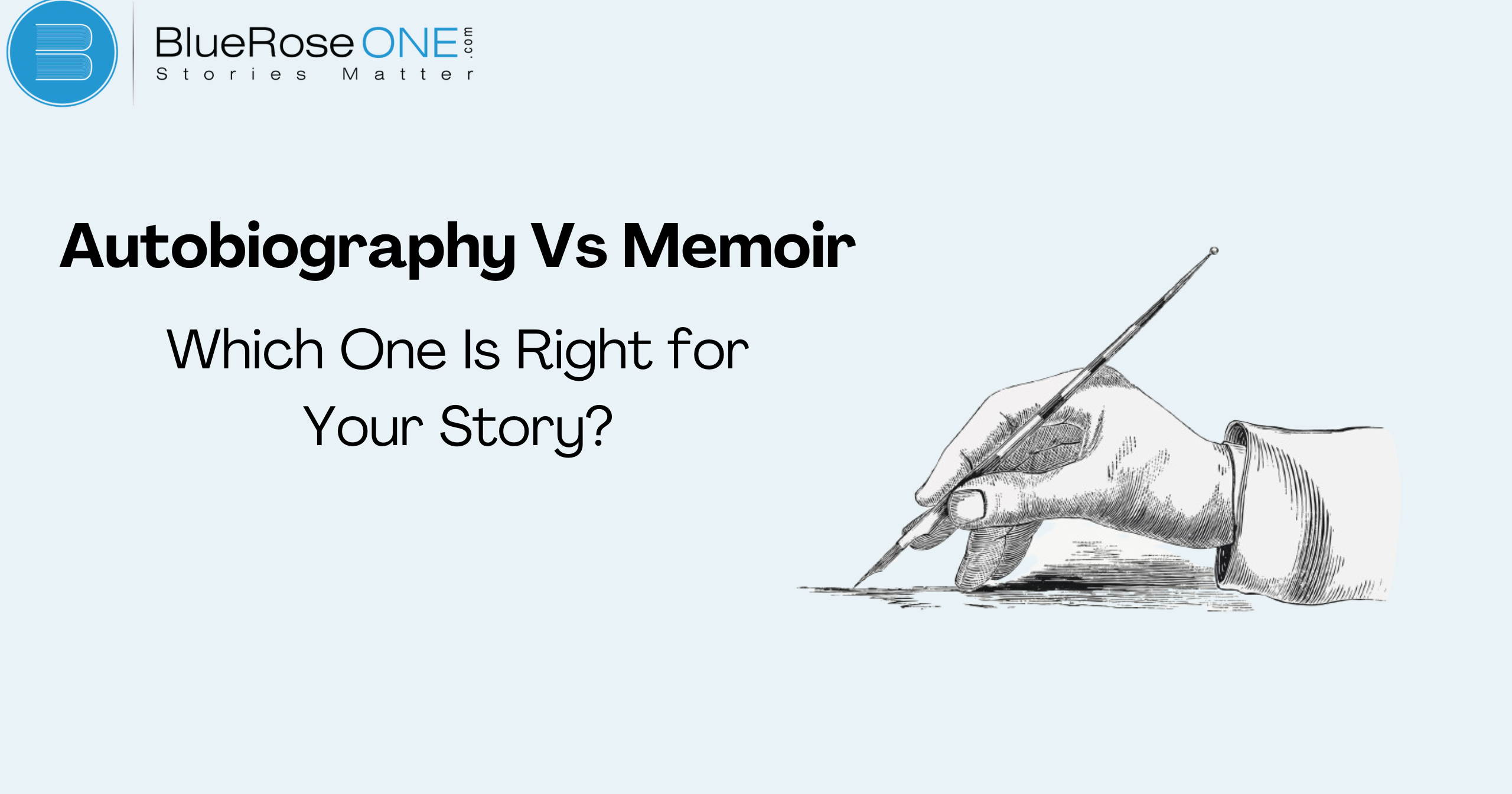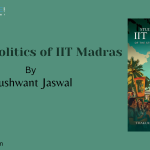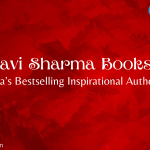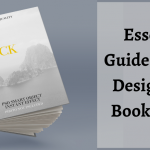It can be as difficult to navigate the world of personal tales as it is to discover the ideal path on a map. When the time comes to write about your life, you may have to decide between an autobiography or a memoir.
Although each format offers a distinctive method to convey your narrative, knowing how they differ might help you make the best decision. We’ll examine the differences between autobiography and memoir in this post and offer advice on whether format is ideal for your own story.
What is an Autobiography?
An autobiography is a detailed account of a person’s life written by themselves. It covers major events, personal experiences, and important milestones from birth to the present.
Unlike memoirs, which focus on specific periods or themes, an autobiography provides a comprehensive look at the author’s entire life.
The key feature of an autobiography is its emphasis on factual accuracy and chronological order, making it a complete record of one’s life journey.
Characteristics of an Autobiography
Autobiographies are distinguished by their factual and in-depth content. They seek to give a whole picture of the author’s life, frequently highlighting noteworthy occasions, noteworthy individuals, and personal accomplishments.
Instead of going in-depth into individual events, this type of writing usually focuses on the larger picture of the author’s life.
Examples of Famous Autobiographies
- “The Diary of a Young Girl” by Anne Frank: Chronicles Anne’s life during World War II.
- “Long Walk to Freedom” by Nelson Mandela: Details Mandela’s journey from his early years to his presidency.
What is a Memoir?
An autobiography that concentrates on particular occasions or stages of the writer’s life as opposed to telling the full tale is called a memoir.
In contrast to autobiographies, which offer a broad overview of the writer’s life from birth to the present, memoirs focus on specific events or subjects in great detail.
By keeping the focus narrow, the author is able to delve into the feelings and observations around such occurrences, providing readers with an introspective and intimate look.
Characteristics of a Memoir
Memoirs are distinguished by their topic concentration and intensity of emotion. They frequently discuss the author’s reflections on these situations as well as personal experiences. Memoirs typically use more subjective narration that aims to paint a clear picture of particular moments or emotions.
Examples of Famous Memoirs
- “Educated” by Tara Westover: Explores Tara’s journey from growing up in a survivalist family to earning a PhD.
- “Becoming” by Michelle Obama: Chronicles the former First Lady’s experiences and personal growth.
Key Differences Between Autobiographies and Memoirs
Scope and Focus
Autobiography: An autobiography is a detailed narrative of a person’s life, starting at birth and ending at the present. It covers significant occasions, turning points, and accomplishments in a chronological manner.
In contrast to memoirs, which concentrate on certain events or topics, an autobiography seeks to present a thorough and accurate account of the life of the author.
Because of its larger scope, it is perfect for readers who want a chronological, in-depth account of a certain person’s life path.
Memoir: A memoir is a form of autobiographical writing that, as opposed to recounting the author’s whole life narrative, concentrates on particular occasions or times in their life.
In contrast to an autobiography, which presents a life story in chronological order, a memoir focusses on certain themes or experiences. A memoir might, for instance, examine a turning point in the author’s life or a journey that was transforming, giving readers a close-up view of those particular events.
Memoirs are able to convey deeper emotional depth and intimate understanding because of this targeted approach.
Structure and Style
Autobiography
An autobiography provides a thorough overview of a person’s life, touching on significant occasions from birth to the present. It offers a thorough account of the author’s experiences and development as a person throughout time, usually presented in a chronological fashion.
In an effort to provide readers a complete picture of the author’s life path, the approach is accurate and thoughtful. Memoirs, on the other hand, concentrate on certain subjects or eras and provide a more introspective and thematic examination of individual experiences.
Memoir
A memoir focuses on specific moments or themes from the author’s life, offering a reflective and personal view of those experiences.
Unlike autobiographies, which cover an entire life chronologically, memoirs are more flexible in structure. They often delve into particular events or emotions, using a narrative style that emphasizes storytelling and personal insight.
This allows for a deeper exploration of significant moments, making the memoir more about the impact of experiences rather than a complete life history.
Narrative Techniques
Autobiography
A person’s complete life is described in detail and chronologically in an autobiography, with an emphasis on key occasions and turning points from birth to the present.
It seeks to provide a comprehensive picture of the author’s experiences, frequently incorporating information about their past, present, and future.
On the other hand, memoirs focus on particular events or topics in the life of the writer, exploring personal feelings and insights through narrative devices like flashbacks and thematic reflections.
This distinction aids readers in comprehending how an autobiography differs from a memoir in terms of its wider context and its more narrowly focused, thematic storytelling.
Memoir
With an emphasis on noteworthy occurrences and turning points from birth to the present, an autobiography offers a thorough, chronological account of a person’s whole life.
With an emphasis on providing a comprehensive account of the author’s experiences, it frequently includes information about their background, professional background, and personal growth.
While memoirs use narrative techniques like flashbacks and thematic reflections to explore personal insights and emotions, memoirs focus on particular moments or themes within the author’s life.
This contrast between the focused, thematic storytelling of a memoir and the larger context of an autobiography aids readers in understanding.
Choose the Right Form for Your Story
Assess Your Story’s Scope
Take into account the breadth and depth of experiences you wish to include while determining the scope of your story. An autobiography usually encompasses your whole life, emphasizing significant occasions and your development as a person over time.
An autobiography is the ideal format for your story if it seeks to provide readers a complete picture of your life across a wide time span. A memoir, on the other hand, can be more appropriate if you would rather highlight particular occasions or times.
Determine the Primary Focus
When deciding whether to write an autobiography or a memoir, it’s crucial to determine your primary focus. An autobiography covers your entire life, presenting a comprehensive account from birth to the present.
In contrast, a memoir zeroes in on specific events or periods, offering a more in-depth exploration of particular themes or experiences.
If you want to provide a broad overview of your life, an autobiography is the way to go. For a focused narrative on particular moments or insights, a memoir is more suitable.
Understand Your Audience
The key to selecting the ideal format for your tale is knowing who your audience is. An autobiography is a thorough narrative of your life that aims to give readers a complete picture of your identity and experiences.
Understanding your readership will help you write your autobiography to suit their tastes and expectations. Think about the things in your life that they will relate to the most, such as your insights, accomplishments, or personal struggles. This guarantees that readers will meaningfully relate to your autobiography.
Writing an Autobiography
Steps to Writing an Autobiography
- Outline Your Life: Create a timeline of significant events.
- Gather Materials: Collect documents, photos, and other memorabilia.
- Organize Your Content: Decide on the chronological flow of your story.
- Write and Revise: Draft your narrative, then revise for clarity and accuracy.
Tips for Effective Autobiographical Writing
- Be Honest: Authenticity is key to engaging readers.
- Stay Organized: Ensure a clear chronological structure.
- Include Details: Use vivid descriptions to bring your story to life.
Writing a Memoir
Steps to Writing a Memoir
- Identify the Theme: Focus on a central theme or event.
- Create a Structure: Decide on the narrative arc and structure.
- Write Vividly: Use descriptive language and personal reflections.
- Edit and Refine: Revise for emotional impact and coherence.
Tips for Crafting a Compelling Memoir
- Show, Don’t Tell: Use descriptive scenes to engage readers.
- Be Reflective: Share your thoughts and emotions about the events.
- Maintain Focus: Stick to the central theme or event.
Conclusion
Your personal objectives and the type of narrative you are telling will determine whether you choose a memoir or an autobiography. Either way, each format has advantages and can be a powerful means of sharing your experiences, whether you choose the concentrated story of a memoir or the wide sweep of an autobiography.
Knowing the distinctions and taking your story’s requirements into account can help you make an informed decision and create a narrative that will appeal to readers.
















